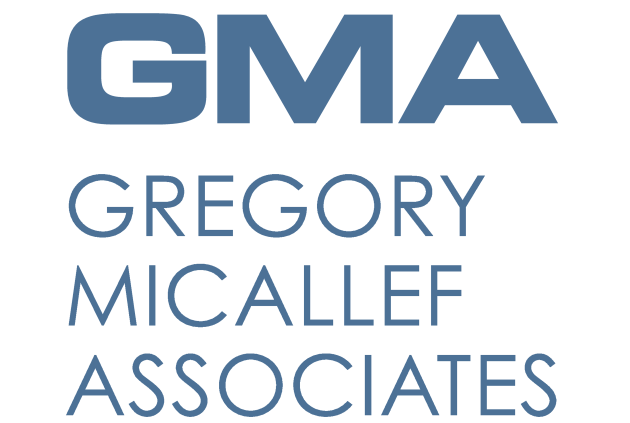Mobile operator Three has announced that new and existing customers with compatible handsets will be able to get 5G at no extra cost(s) when its 5G service is launched later this year.
5G Offer
Three says that when its 5G service goes live later this year, starting with 25 UK towns and cities, it will be able to offer unlimited data with no limit on speed for the same price it currently charges for its 4G tariffs (£22 per month). As well as offering 5G to existing customers at no extra costs Three will offer will include 5G as standard for new contracts.
Price War
In what looks likely to be an initial price war, Three’s price and unlimited data speed appears to stand up quite well against competition from Vodafone’s Sim-only tariff (£23 a month with a 2 Mbps limit, and £30 a month full-speed 5G), and EE’s sim-only 5G at £32 a month with a 20GB data download cap.
Criticised By Ofcom
Three has, however, recently been criticised by the regulator Ofcom over its practice of not automatically cutting its customers’ monthly charge at the end of their contract’s lock-in period. According to Ofcom, this means that subscribers will effectively be overpaying rather than getting a great new deal unless they proactively change to another deal.
Three’s Advantage
Three has an advantage over its 3 big UK operator competitors because Three holds more “blocks” of 5G spectrum (3.4 to 3.8GHz band) than each of them, thereby getting potential speed, capacity, and performance benefits. This apparently uneven split of the major blocks of the available 5G spectrum among the big operators is one of the issues that has been criticised recently by Telefónica UK boss Mark Evans.
Consultation
Mr Evans has called for a more balanced approach by Ofcom in order to help the sector to invest and meet the UK’s digital connectivity demands. In addition to criticising the uneven split of 5G spectrum, Mr Evans has also pointed out that other countries have already acted to reduce spectrum defragmentation whereas operators in the UK are still awaiting the results of the consultation.
Health Concerns
One other challenge that mobile operators face in the introduction of 5G is concern over possible health risks. 5G uses higher frequency (electromagnetic radiation) radio waves than earlier mobile networks so that more devices can access the internet at the same time with faster speeds. Part of the permitted 5G spectrum actually falls within the microwave band. These higher frequency waves (mmWave high-frequency spectrum), however, travel relatively short distances. This means that, in order to achieve the right levels of speed and connectivity in urban areas, more transmitter masts closer to the ground will be needed. This has led to concerns that 5G frequencies may have the potential to damage DNA and increase the risk of cancer.
What Does This Mean For Your Business?
5G represents a great opportunity for business. Its increased speed and lower latency allow the downloading of films and games in seconds and watching them without any buffering, and this kind of speed will allow all kinds of new opportunities for presentation media e.g. in advertising, on social media and on websites.
Many different types of businesses could benefit from improved connectivity with remote workers or with salespeople in remote areas.
Also, the news from an O2 forecast is that 5G could deliver time savings that could bring £6 billion a year in productivity savings in the UK and that 5G-enabled tools and smart items could save UK householders £450 a year in food, council and fuel bills.
Safety, however, is a major concern for all businesses, but even though 5G will use a higher frequency, there is no compelling evidence to date to show that it would pose new health risks to users. In the UK, it will be some time before 5G networks are up and running to any significant level, and this means that there should be time for research to be conducted in areas where 5G use is at a more advanced stage.
For UK industry mobile operators, there is also an issue still to sort out over the fragmentation of spectrum blocks and how this will affect the market, competitors, customers, and 5G connectivity across the country. The results of the consultation may provide some guidance and help.


